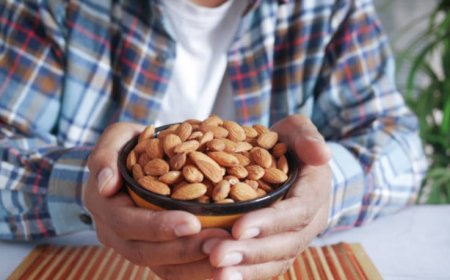How to Control Your Calories: A Comprehensive Guide
Learn how to track your calories, make healthy food swaps, eat smaller portions, and limit processed foods and sugary drinks to reach your weight loss goals.
Method for calorie management
Calorie management is critical for both weight loss and maintenance as well as general health. You put on weight when your calorie intake exceeds your energy expenditure. You lose weight when your caloric expenditure exceeds your intake.
There are several strategies to manage your calorie intake, such as:

Keep a calorie log
Keeping a record of your food and beverage intake is the first step towards cutting calories. A meal journal, an app for monitoring calories, or a website like MyFitnessPal can all be used for this. You can become more conscious of how many calories you're consuming and make the required modifications by keeping track of your caloric intake.
Change to healthier foods
There are some easy dietary substitutions you may do to cut back on calories. For instance, drink unsweetened tea or water in place of soda. Eat whole-wheat bread instead of white bread. Use a grill, oven, or steamer to prepare your food instead of frying it.
Reduce your serving sizes
Eating fewer portions is one of the simplest methods to cut back on calories. You're more prone to overeat when you eat big servings. Reduce how much food you serve yourself and use smaller bowls and plates. If you're still hungry, you can always come back for seconds.
Reduce processed meals and sugar-filled beverages
Low in nutrition and rich in calories are processed foods and sugary drinks. By limiting these items, you can lower your calorie intake and enhance your general health.

Pay attention to what you eat
Snacking unhealthyly can pile up rapidly. Pay attention to what you're munching on if you're attempting to cut calories. Select nutritious snacks such as almonds, yogurt, fruits, and veggies.
Here are some more pointers to help you manage your caloric intake:
* Sip a lot of water. Consuming less calories and feeling fuller can both be achieved by staying hydrated.
* Start with some fruits and veggies. Because they are high in fiber and low in calories, fruits and vegetables can make you feel content and full.
* Snacky eating. Your brain takes some time to realize that you are full. A deliberate, mindful meal can help you prevent overindulging.
* Give it a good chew. Chewing food completely improves digestion and prolongs feelings of fullness.
* Refrain from eating when occupied. You're prone to overeat when you're preoccupied. Steer clear of eating and watching TV, using a computer, or operating a vehicle.
* Never miss a meal. Later in the day, overeating may result from missing meals.
Although calorie control can be difficult, it is worthwhile for your general health and wellbeing. You can lower your calorie consumption and accomplish your weight loss objectives by using these suggestions.














































































































































































































